|
READING TIME: under 4 minutes Complex issues like climate change, systemic racism and polarized opinion have no easy solution. It’s easy to feel powerless in trying to tackle what design theorists Rittel and Webber call a ‘wicked problem.’ We may not agree on what the problem is or whether it's a problem at all. Can relationship systems coaching and leadership make a difference? The answer is yes. Addressing a wicked problem requires that we first decide what we do agree on - and then create space for voices, opinions and strategies to emerge. Untangling complex knots of relationship fits naturally with the relationship systems coaching skillset. The essential work of addressing a wicked problem is most likely to succeed when it begins with a conversation. This approach does not involve a fixed plan but is fluid and responsive, shifting to adjust to what is needed in the moment. To help explain how relationship systems coaching can address wicked problems, we collected ideas from interviews with experienced Organization and Relationship Systems Coaching (ORSC™) practitioners. “You can't change a system by yourself .... We are all responsible for putting up walls between ourselves and the other. Removing the wall - that's the work that we need to do.” - Rev. Dr. Shawn Moore, ORSCC, Concepts In Action interview Wicked problems must be tackled collectively, and often on multiple levels. ORSC shifts the focus so that we look at issues as being collectively ours to solve. [Building] relational bridges is more important than talking about the issue …. Retribution actually comes in the shape of rebuilding our relationship and moving forward together.” - Linda Berlot, ORSCC, Relationship Matters podcast Relationship is key to addressing wicked problems. The four toxins of blame, contempt, defensiveness and stonewalling - what John Gottman calls ‘the four horsemen of the apocalypse‘ - erode trust and shut down communication. ORSC focuses on building (or re-building) collaborative relationship. “Conflict is the midwife to change.” - Marita Fridjhon, CRR Global Co-Founder & CEO Conflict is often a signal that something isn’t working. Rather than avoiding conflict, the goal is to navigate it so that a new way of being can emerge. What happens when we begin to see conflict as an opportunity for growth and transformation? “People on both sides of the argument get really offended when their self-perception or lived experience is called into question or denied. The belief that you are being judged creates defensiveness and hijacked emotions. A conversation in this state is no longer productive. ORSC offers an opportunity to build language around how we can be in relationship with this thing that's between us, to move it out of the way for the sake of our connection and healing.” - Michelle Davis, ORSCC - Concepts in Action interview Many wicked problems are about different perspectives bumping up against one another. Deep democracy recognizes that all voices in a relationship system need to be heard, even the unpopular ones. As coaches, we create a safe space for all voices to be expressed and valued - a more inclusive and constructive approach to resolving conflict. Relationship systems coaching begins with setting ground rules that help to navigate conflict in a healthy and respectful way. Before beginning to dig into issues that will challenge us on a number of levels - both intellectually and emotionally - decide on what behaviours will serve the group. For instance, you might decide to be both honest and respectful in the way that you communicate with one another. The Designed Team Alliance is a starting point in coaching relationship systems, as it establishes expectations and creates trust. “There are times where the leader or the coach does not have the answer. How do we as leaders and coaches pause and help create the environment where the answers could come from the voices within the system?” - Marita Fridjhon - Relationship Matters podcast When we learn to tap into collective intelligence rather than looking to leaders to provide all of the answers, we open to exponential possibility. Thinking outside the box may be exactly what’s needed to develop innovative strategies. Systems are all longing to be in right relationship .… If we hold that the seed to the resolution lives inside the system …. it will emerge [through the work]. It has its own intelligence. There’s a magic to it.” - Jennifer Pernfuss, ORSCC, Relationship Matters podcast Systems are capable of finding solutions. When you find yourself at a loss for answers, think about it from the bird’s-eye perspective of what the system needs to move forward. In addressing wicked problems, we become deeply aware of how actions in one part of the system can ripple across to affect another. The remedies filter across the system in the same way. A coaching engagement is one way to reveal the brilliance of the system in finding strategies. Using a coaching approach in simple, one-on-one conversations we have with those around us can also make a difference. In our September ORSC Community call, CRR Global co-founder Marita Fridjhon will join us to discuss leading and coaching in times of conflict. Whether you’re just hearing about ORSC for the first time or have been practicing it for years, you are welcome to attend this free meeting. And remember, from a systems inspired perspective, your presence and input are as valuable as that of any presenter or host! Interested in having ORSC coaches work with your team? Learn more. Learn about Organization and Relationship Systems Coaching. Author
CRR Global staff
0 Comments
Leave a Reply. |
Archives
September 2023
Categories
All
Get notified when new articles are available. |
Quick Links |
Find Something |
Stay Connected |
©
2021

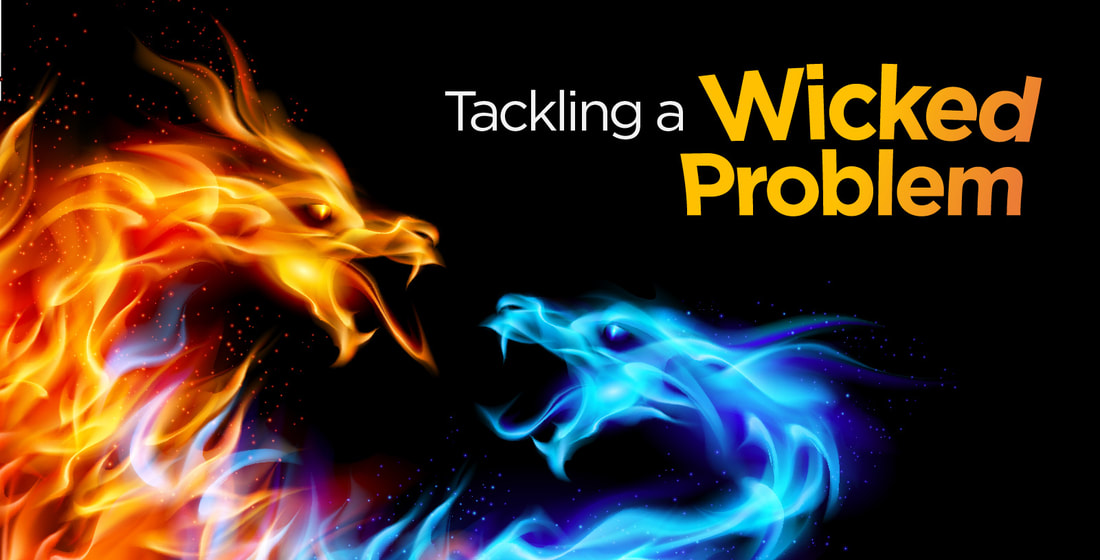
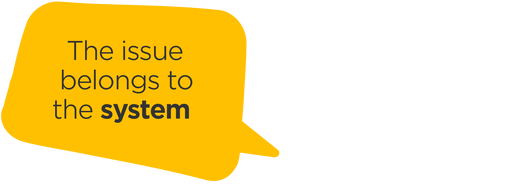
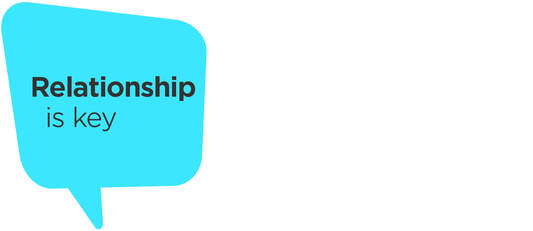
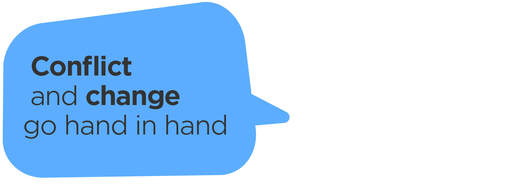
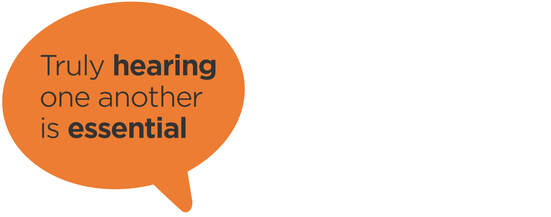
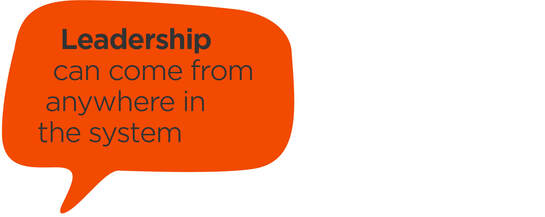
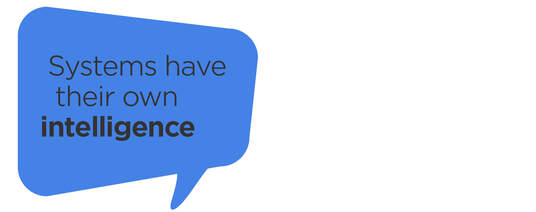
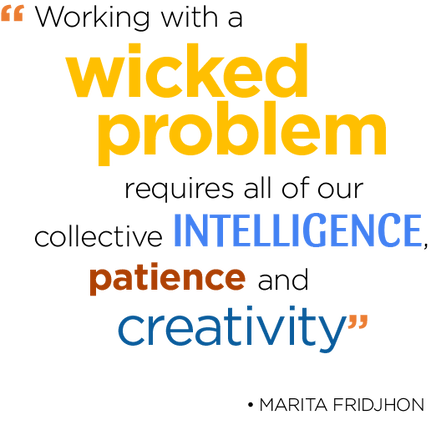
 RSS Feed
RSS Feed